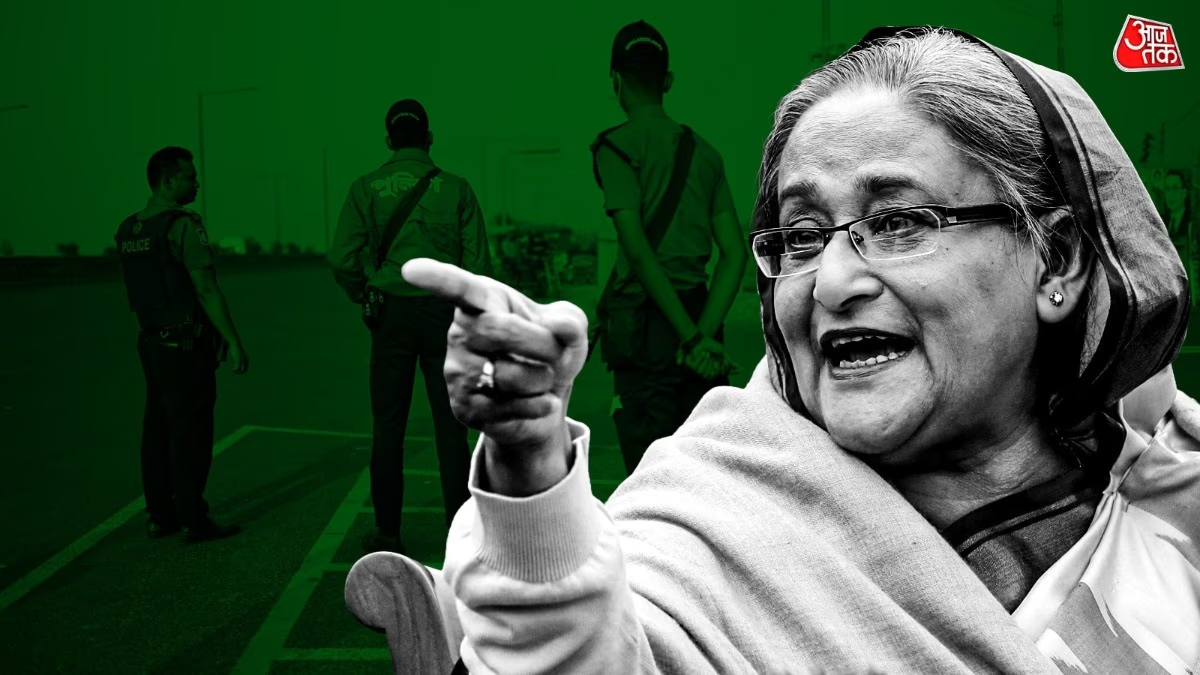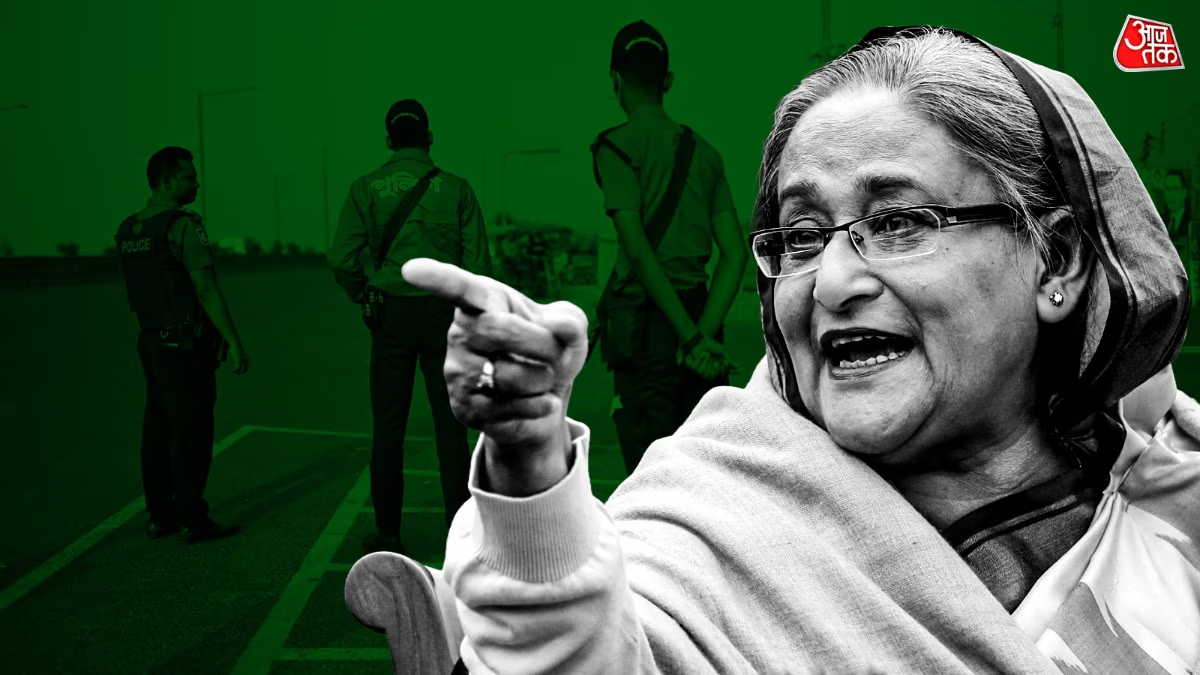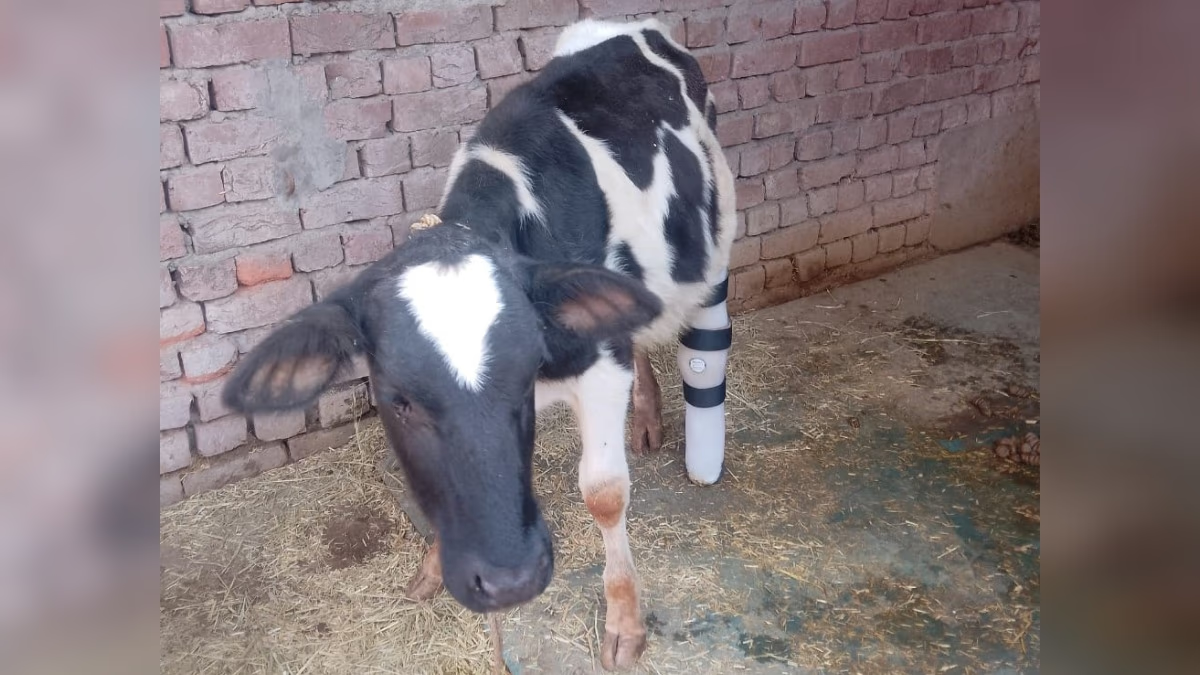For nearly two decades, Sheikh Hasina's name was synonymous with the heartbeat of Bangladeshi politics - sometimes calm, at other times turbulent. To her supporters, she stood as the architect of a modern and progressive Bangladesh, whereas critics saw her as a leader whose thirst for power stifled emerging voices.
Yet, few anticipated that the tribunal she established to prosecute war criminals would ultimately find her guilty.
Born on September 28, 1947, in Tungipara, then East Pakistan, Sheikh Hasina's early life was profoundly influenced by her father, Sheikh Mujibur Rahman, who led Bangladesh to independence with India's support in 1971, becoming the nation's first president.
How Sheikh Hasina's Political Story Began
After earning her Master’s degree in Bangla literature from the University of Dhaka, Hasina became active in student politics. In 1968, she married nuclear scientist MA Wazed Miah, whose peaceful academic life contrasted sharply with the chaos of Bangladeshi politics. Until his passing in 2009, Wazed provided personal stability for Hasina.
The military coup in August 1975 dramatically altered Hasina's life path, leaving her parents, three brothers, and many relatives dead. Hasina and her sister Rehana survived because they were abroad. India’s then Prime Minister Indira Gandhi offered them refuge. Returning in 1981, Sheikh Hasina was elected as the Awami League's president in absentia.
The Winner of the 'Battling Begums'
In 1981, her political rival Khaleda Zia also rose to prominence. Their fierce rivalry, known as the 'Battling Begums,' defined Bangladeshi politics for three decades. Hasina became Prime Minister for the first time in 1996, lost power in 2001, and returned in 2008, winning three consecutive elections (2008, 2014, 2018) with large majorities.
Under her leadership, economic growth, major projects like the Padma Bridge, and poverty reduction took place. However, allegations of media crackdowns, arrests of opposition leaders, and actions against dissent grew louder.
Reservation Policies Triggered the Uprising
The 2024 student movement, sparked by opposition to reservation policies, quickly transformed into a rebellion against the regime. The increasing deaths and violence due to security actions made the situation explosive. On August 5, 2024, Hasina’s government fell, and she fled to India.
After her downfall, the interim government led by Muhammad Yunus restructured the International Crimes Tribunal (ICT-BD), bringing charges of crimes against humanity against Sheikh Hasina. A United Nations report estimated that 1,400 people died between July and August 2024.
Sheikh Hasina Sentenced to Death for Crimes Against Humanity
On November 17, 2025, after months of hearings, the unthinkable verdict was delivered - Sheikh Hasina, the former four-time Prime Minister, was sentenced to death. In exile in India, Hasina watches from afar the nation she spent decades building, leading, and ultimately losing due to the harshness of her governance.




